Community geared up to restore their local resources through Integrated Water Management Scheme

India is home to 18% of the world’s population but only 4.2% of its water resources and 1% of its forest cover. This vast population is sustained by 142 million hectares of agricultural land, which is either completely dependent on rainwater. Much of this land is also experiencing an acute shortage of moisture content and depleting groundwater levels. Water shortages and volatility in availability make agriculture highly vulnerable to both pre and post-production risks. Very little rainwater is captured, infiltrated and stored as groundwater – most of it lost in runoff, usually taking fertile surface soil with it. Considering this, the only sustainable and eco-friendly solution to manage and raise groundwater levels, and revive water resources, is the development of integrated water management programs to harvest, secure and conserve the rainwater.
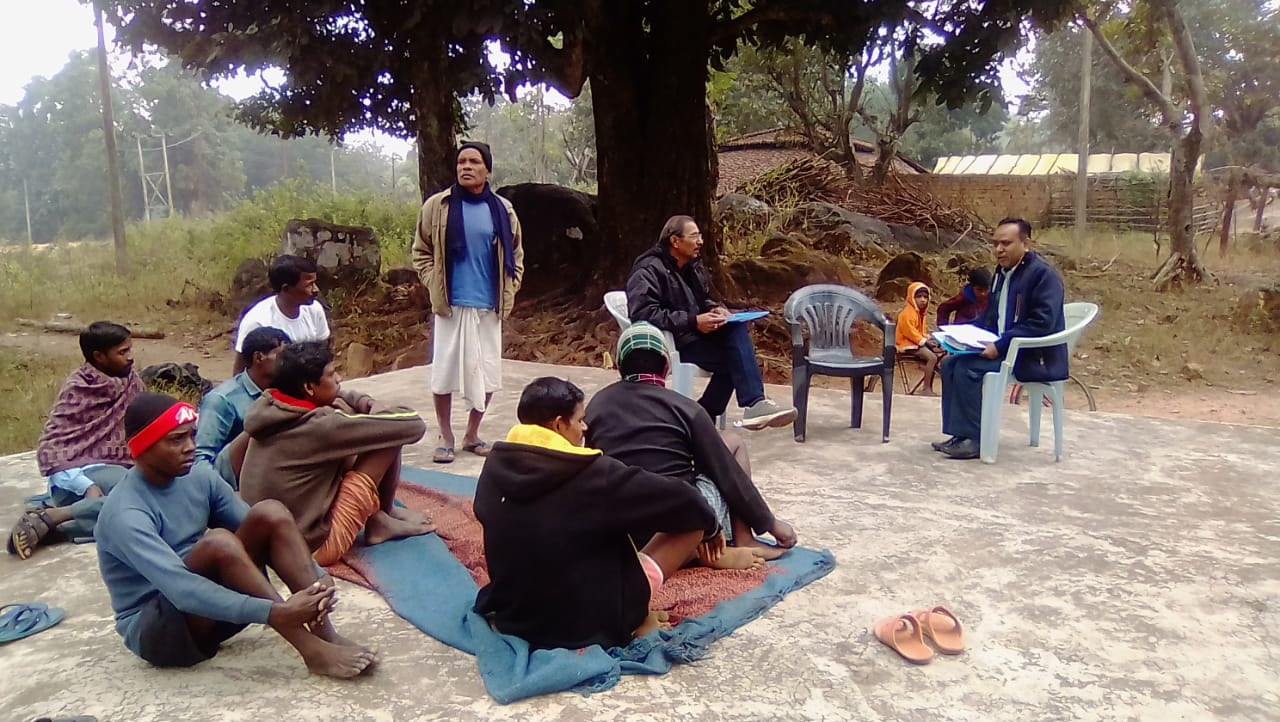
The watershed management programs (IWMS) supported by NABARD aim to restore and maintain traditionally tested and ecologically sustainable agro-farming practices. This approach particularly helps in generating more livelihood opportunities through improvements in crop production and conservation of soil health. In addition to the construction of water harvesting structures, farmers are also supported with supplementary programs like training and capacity building programs on the promotion of less water-intensive crops, multiple crop plantations in the same field, crop rotation & crop plantation according to rainfall patterns. Beyond this, the loosening of hard land areas helps in the penetration of water, so that the roots of crops and plants may easily penetrate after tilling.
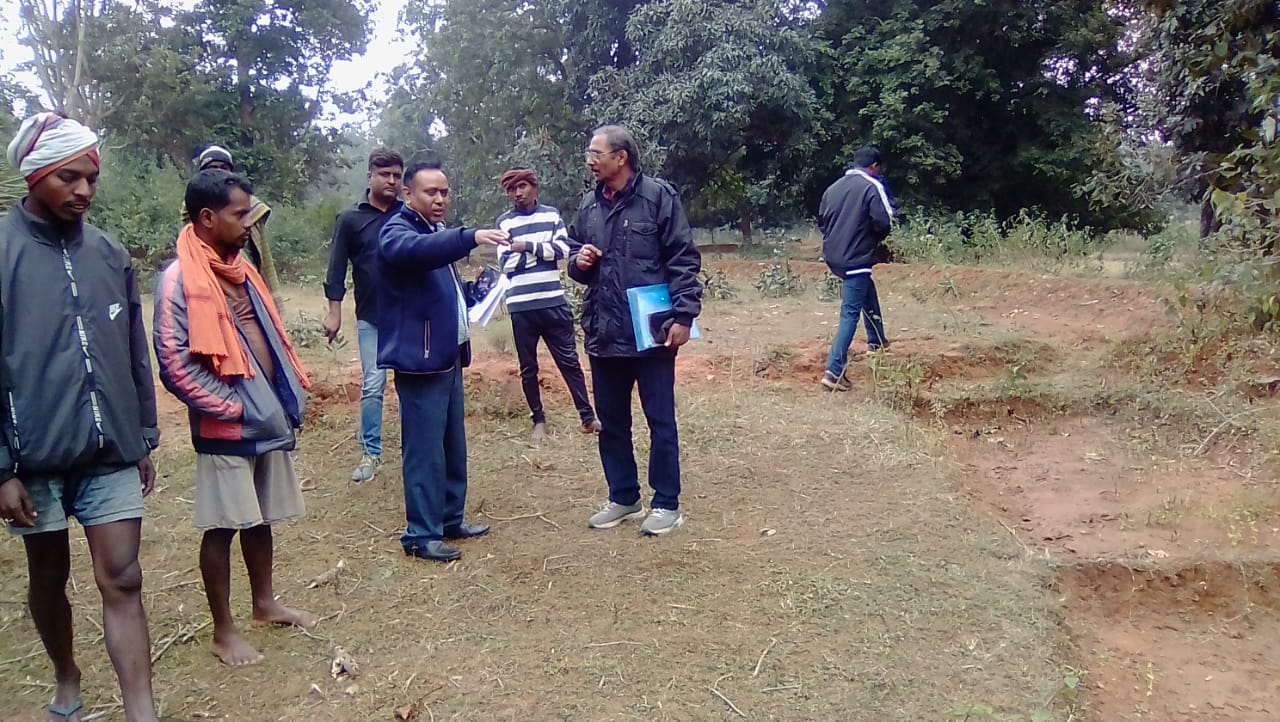
Keeping this program above, on 17th December 2019 the District Development Manager (DDM) NABARD Gumla visited the IWMS program areas and review the quality of work done along with all documents maintained at the field level. He reviewed the Farm Field Bunding of Rokedega & Pithartoli villages respectively based on the approved specifications. While interacting with the village watershed committee (VWC), he appreciated the documentation done by each VWCs, especially the participatory way of site selections for each watershed structure based on the drainage line and VWC.
He appreciated the efforts made by Caritas India through Integrated Water Management Schemes to enable these tribal communities in such challenging geographical scenarios and make them more accountable to serve in conserving natural resources wisely and eco-friendly way for their future generation.
Upcoming News
Strengthening grassroots recovery in Wayanad through Safe Within Project
Caritas India strengthened community centred disaster recovery through a four day accompaniment support visit to...
LEARN MOREFlood‑prone communities in Assam and Tripura are better prepared through We4Resilience
The We4Resilience Campaign under Caritas India’s SARAL (Strengthening Adaptation, Resilience and Livelihoods) project, supported by...
LEARN MOREChildren Lead the Fight for Safe Education
In Remhla, a small forest-surrounded village in the Sarguja district of Chhattisgarh, the middle school...
LEARN MORE
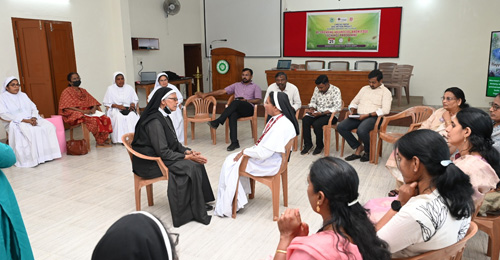
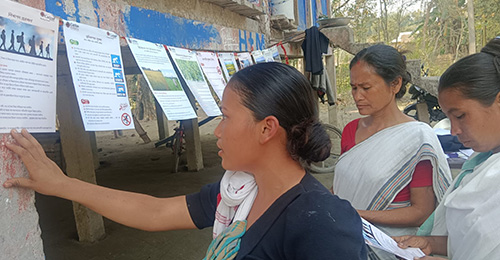
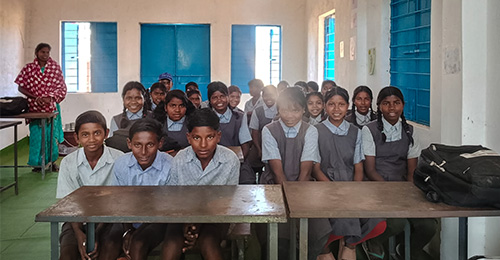
 91 -11 - 2336 3390
91 -11 - 2336 3390  director@caritasindia.org
director@caritasindia.org 